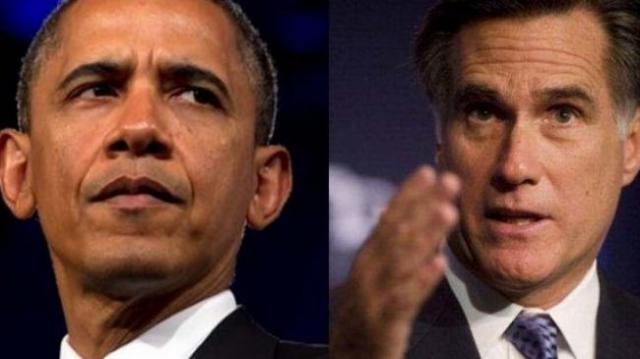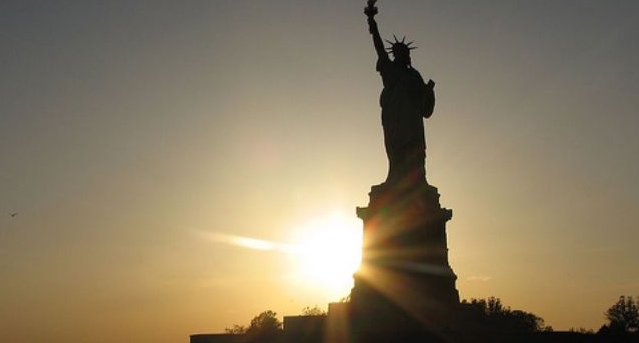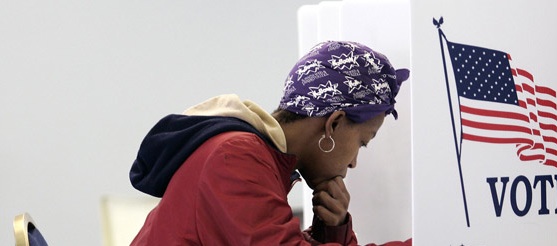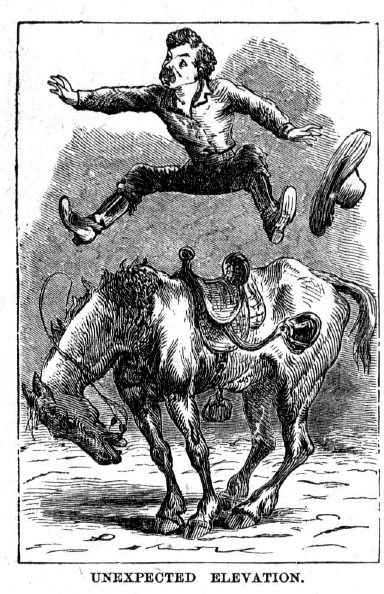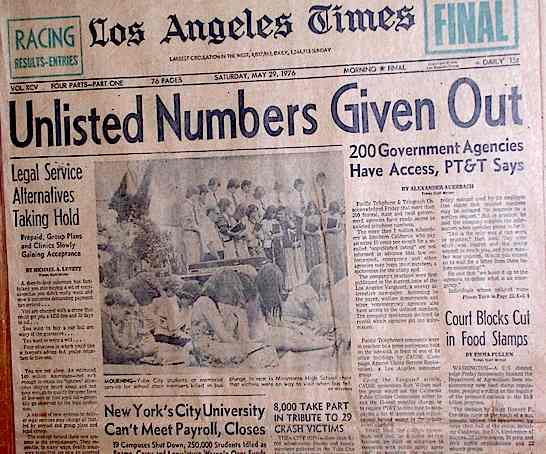One week before a Pennsylvania court judge upheld that state’s controversial Voter ID law by concluding the measure’s impact was “neutral and nondiscriminatory,” critics of that law released a disturbing study documenting the law’s discriminatory impact on voters in Philadelphia.
Today’s ruling by PA Commonwealth Court Judge Robert Simpson rejecting a request for an injunction blocking implementation of the Voter ID law in November’s presidential election casually dismissed evidence that the measure would adversely impact the elderly, infirmed, college students and racial minorities.
Yet, a geographic analysis of voter data in Philadelphia, Pennsylvania’s largest city, concluded that the state’s “new strict photo ID requirement may be in effect a racially discriminatory voting procedure…African-American and Latino communities are disproportionately affected by the Voter ID law…”
That analysis, prepared for Stephanie Singer, chair of Philadelphia’s three elections supervising City Commissioners, detailed how areas around Philadelphia’s major universities, like the University of Pennsylvania and in heavily low-income/minority neighborhoods, contained the largest percentages of persons now rendered ineligible to vote under the Voter ID law.
“This law has a racial impact,” Singer said about the ID law formally known as Act 18.
 Judge Robert Simpson: The smiley white face of Jim Crow and legalized voter suppression in Pennsylvania
Judge Robert Simpson: The smiley white face of Jim Crow and legalized voter suppression in Pennsylvania


